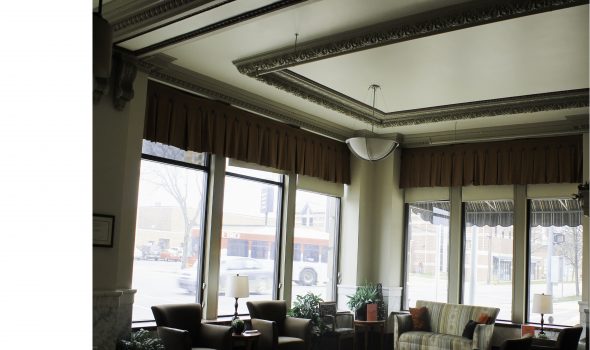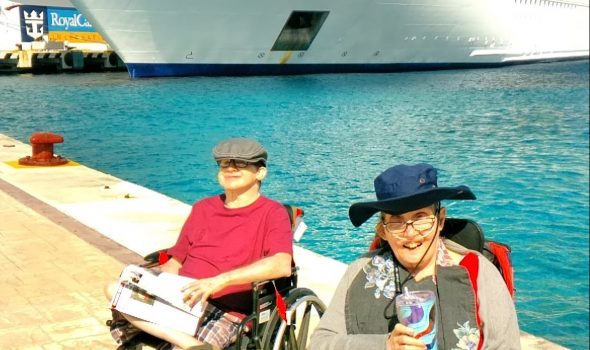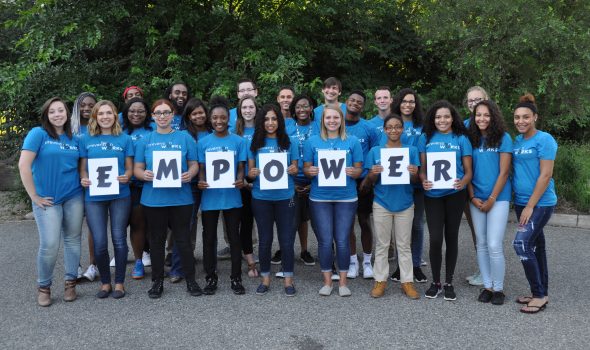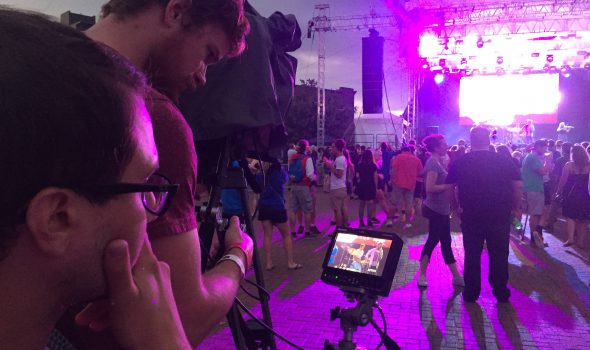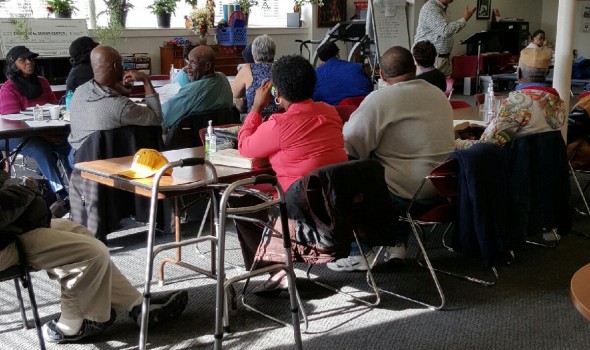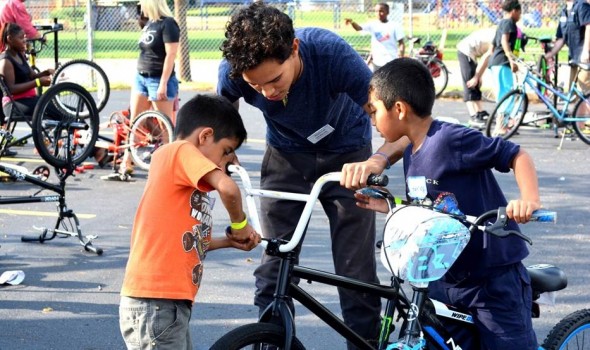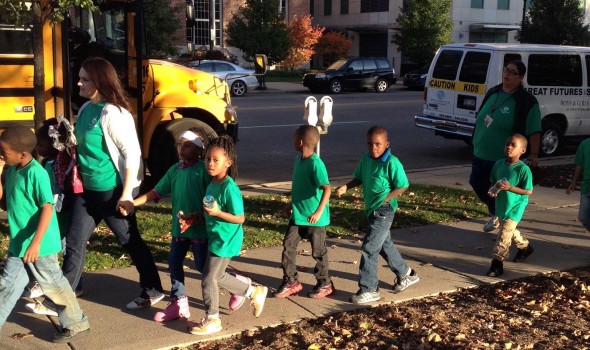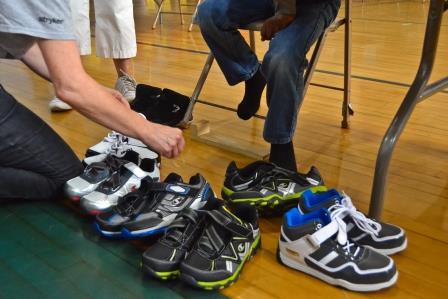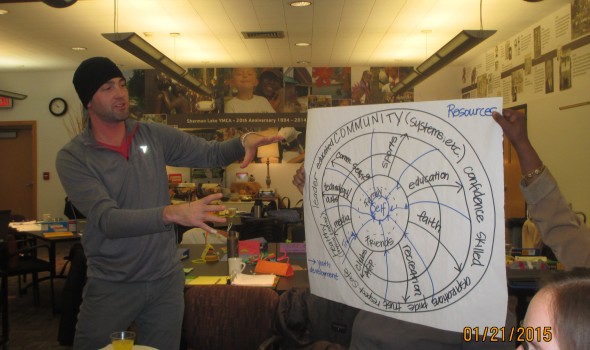The mission of Housing Resources, Inc. (HRI) is the assurance of housing for the economically and socially vulnerable persons of Kalamazoo County. One way that HRI meets this mission is through Permanent Supportive Housing (PSH). PSH is a nationally recognized, cost-effective, proven solution to the needs of vulnerable people with disabilities who are homeless. PSH combines affordable housing assistance with voluntary support services while connecting people with community based resources including physical and mental health care and treatment. In many cases, PSH ends chronic homelessness for individuals and families.
Through our HUD PSH program HRI serves families of individuals with disabilities. Families may receive rental assistance and supportive services until their child(ren) turn 18 or exit the program. Individuals with disabilities may live at HRI’s Rickman House — an historic building with 49 beautifully renovated units — as long as they choose, with a rental subsidy and supportive services.
HRI believes that everyone deserves a home. The PSH program allows individuals and families experiencing homelessness the opportunity for housing stabilization, maximum levels of self-suffciency and an overall better quality of life.
For more information, visit www.housingresourcesinc.org
